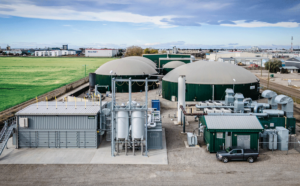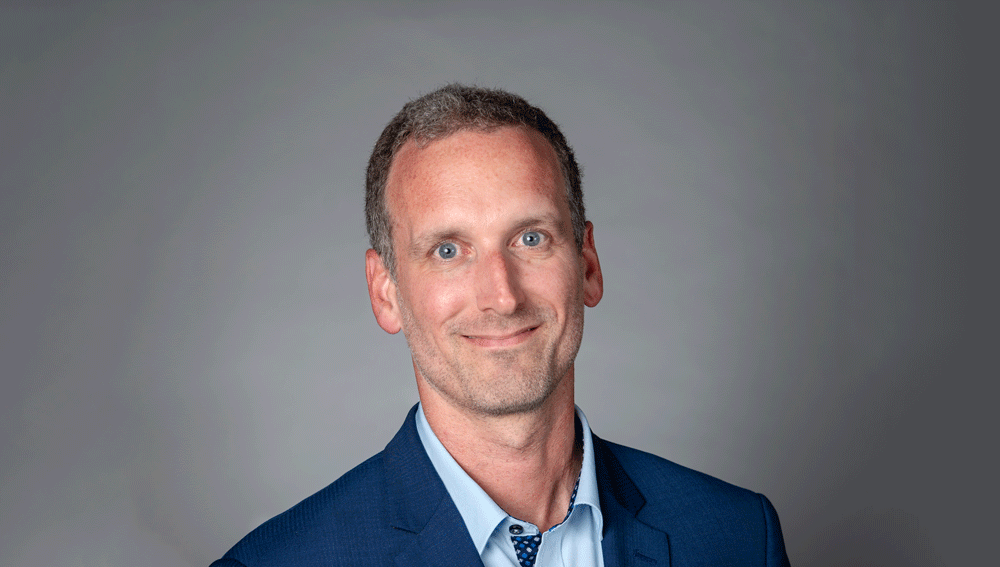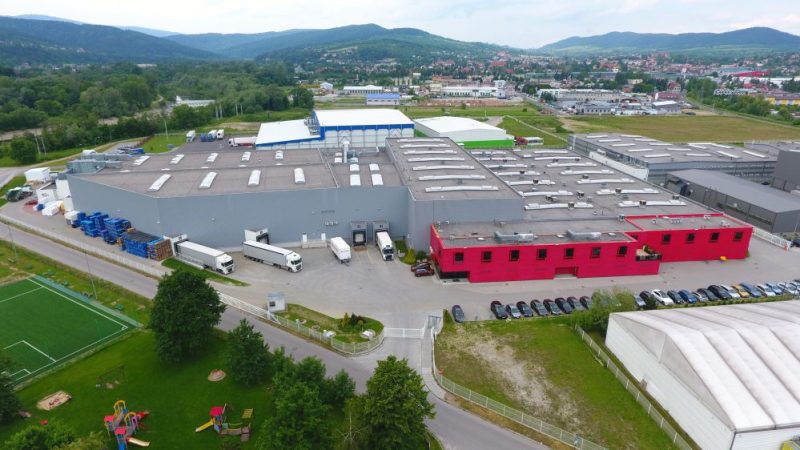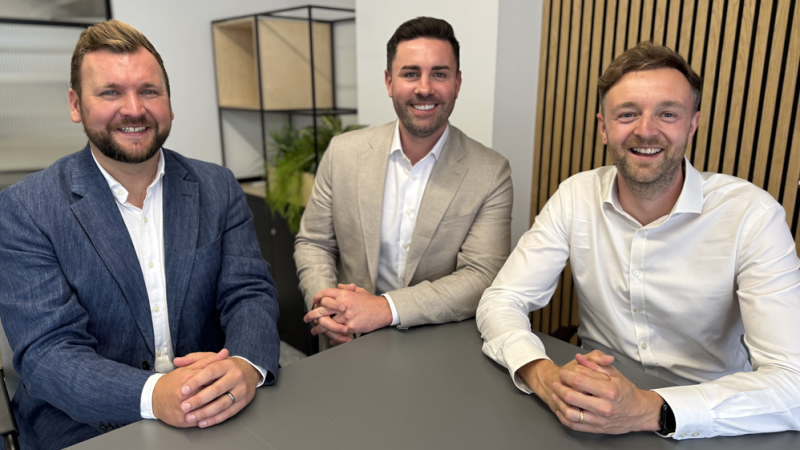It has been 26 years since Jörg Meyer zu Strohe and Hendrik Becker started designing and manufacturing biogas plants as part of their university program. This ultimately led to the foundation of PlanET. From there, the company evolved to become a biogas technology solutions provider for the treatment of various organics input streams across Europe, North and South America, and Southeast Asia. PlanET has a world-class technology platform that transforms organic waste problems into solutions that help mitigate climate change.
When we last sat down with Derek Hundert, President of PlanET in North America, the company was on the verge of expanding its footprint in the US market, and a great deal has happened since then.
“2022 and 2023 were really strong growth years for our company, particularly in the United States where we were riding the strong interest of the dairy-to-renewable natural gas market,” Hundert says. “We expanded our staff in North America, and we opened our third North American office in Lucerne, Colorado. In 2021 the Colorado expansion was just an idea, but now it is a fully functioning Western US support centre for service and construction support personnel. It is outfitted with a biological lab that has grown into a commercially viable operation with dozens of samples coming in every week for analysis.”
This growth in the United States has also propelled the company’s motivation. PlanET has undergone a phase of rapid development in the US, completing a landmark achievement of commissioning 12 brand-new plants in the space of 12 months.
“We are working on a lot of other plants while simultaneously expanding the team and its breadth of knowledge,” Hundert says.
That PlanET has executed this accelerated expansion concurrently in multiple states demonstrates both the scalability of its core competencies and its capability to rapidly deploy capital assets.
“A common customer request has always been ‘Can you deploy this at scale?’” Hundert tells us. “We have become very adept at taking projects developed in independent circumstances and looking at how we can deploy these systems en masse.”
 Building the Team
Building the Team
Completing 12 plants in the span of a year is an immense achievement, but it wouldn’t be possible unless PlanET had the people to support those projects. Recruitment has been a major part of the company’s strategy in recent years.
“One of the things we started with was recruitment and retention of talent,” Hundert says. “The US Renewable Natural Gas market was white hot for two or three years, creating a very competitive environment for recruitment. So, we focused on attracting and training talent without previous experience in the industry.”
PlanET has deployed a number of different methods to attract talent with the right core values and knowledge base; searching for people that have the best cultural fit for the company, then teaching and training the aptitudes needed for the job.
“Most people do not come with previous industry experience, so we looked for people who were a cultural fit, people who had that right team mentality,” Hundert explains. “But while we can teach those technical aptitudes, the training and onboarding of that many people in a rapid amount of time was a real challenge.”
Onboarding new employees in such large quantities requires more than just having an experienced staff member to guide them. It’s also important to prevent a process that yields diminishing returns in the quality of the training. PlanET tackled these issues head-on and established the PlanET Academy effectively bringing on board the specific assets it needed to create a training and learning centre.
“The primary purpose of the Academy is to onboard our own staff with consistency and effectiveness,” Hundert tells us. “That is at the core of what we are trying to do. We want reliable and repeatable results where everyone has access to the same resources and training.”
This means ensuring that everyone has a broad understanding of the work PlanET does, not just the specifics of their own area of expertise. Every employee is taught the basics of the biological and technical processes that PlanET works with, leading to more advanced courses for people who need more specific knowledge. That training is not limited to PlanET’s own staff either.
“Over the last two to three years the Academy has become more than an internal training tool. It has expanded to assist third-party operators with new and ongoing training as well as construction support training sessions. We are not only teaching people how to build these plants, but how to run them in the long term.”
 Moving with the Changes
Moving with the Changes
While the renewable natural gas sector has seen a great deal of market growth in recent years, Hundert remains cautious about the future of the sector, ensuring the company will have the agility needed to prepare for what comes next.
“The industry has reached critical mass in the last three years and biogas plants are different from other renewable energy platforms. We need to focus not just on building these plants, but on how they are operated. Our current assets need to achieve results on a repeated basis and continue to do so for the next 20 years.”
Beyond biogas, the company is seeing expansion across its other markets. The manure sector has enjoyed rapid expansion in the US but has cooled recently due to an oversupply into the market. PlanET is currently leveraging its broader array of expertise and technology into new areas that enable the processing of other organic residues and the mono-digestion of problematic organic waste streams.
“Food waste is a significant part of that,” Hundert says. “We have a lot of experience here with organic feedstocks and their conversion into biogas. Our aim for the future is centered around new markets for our technology and tackling previously underutilised organic residuals and converting them into Renewable Natural Gas, and other next generation organic biofuels. We are working to expand the strata of organic inputs our plants can process and turning them into a larger strata of outputs, including green biofuels, carbon for sequestration or reuse and nutrient recovery.”
It is clear talking with Hundert that finding the technological solution is only half the battle.
“There is a lot of technology available, the challenge is to find a commercial and replicable purpose for that technology in the North American market,” Hundert says. “We want to drive a sustainable business case for their deployment that will lead to the adoption of new technologies at scale. There are a multitude of opportunities in this marketplace, and we are maintaining our diligence in terms of selecting the right ones to pursue. It is important for us to know when to say yes and when to say no to opportunities that don’t align with our core vision.”







